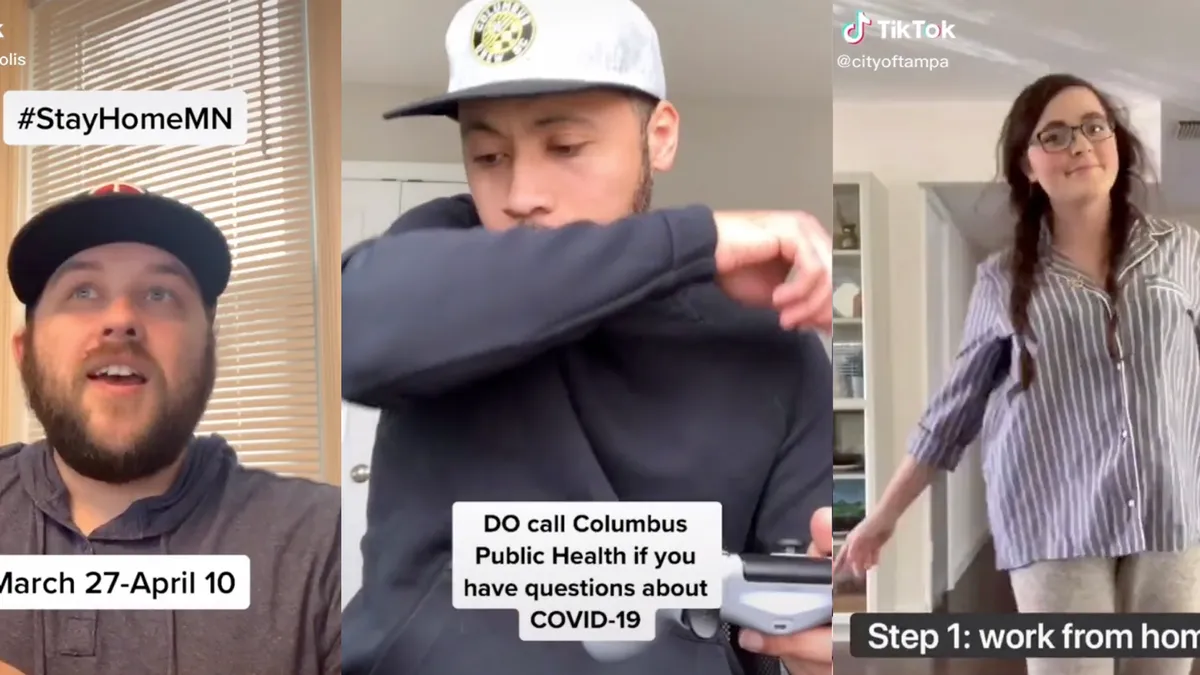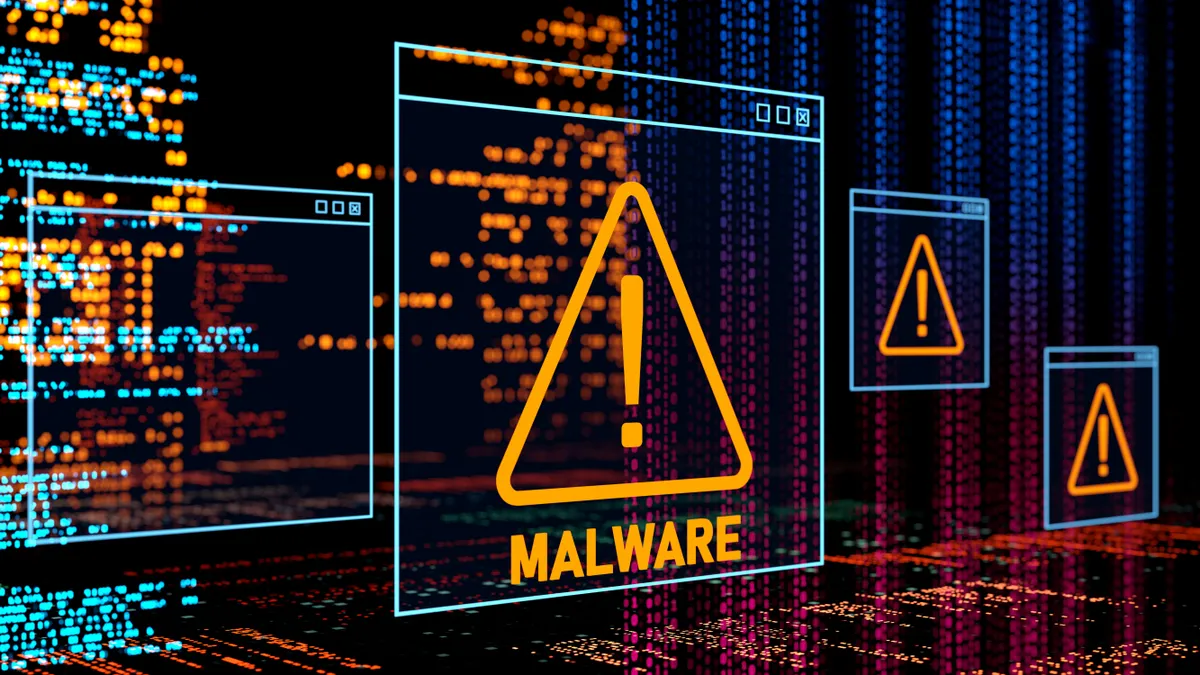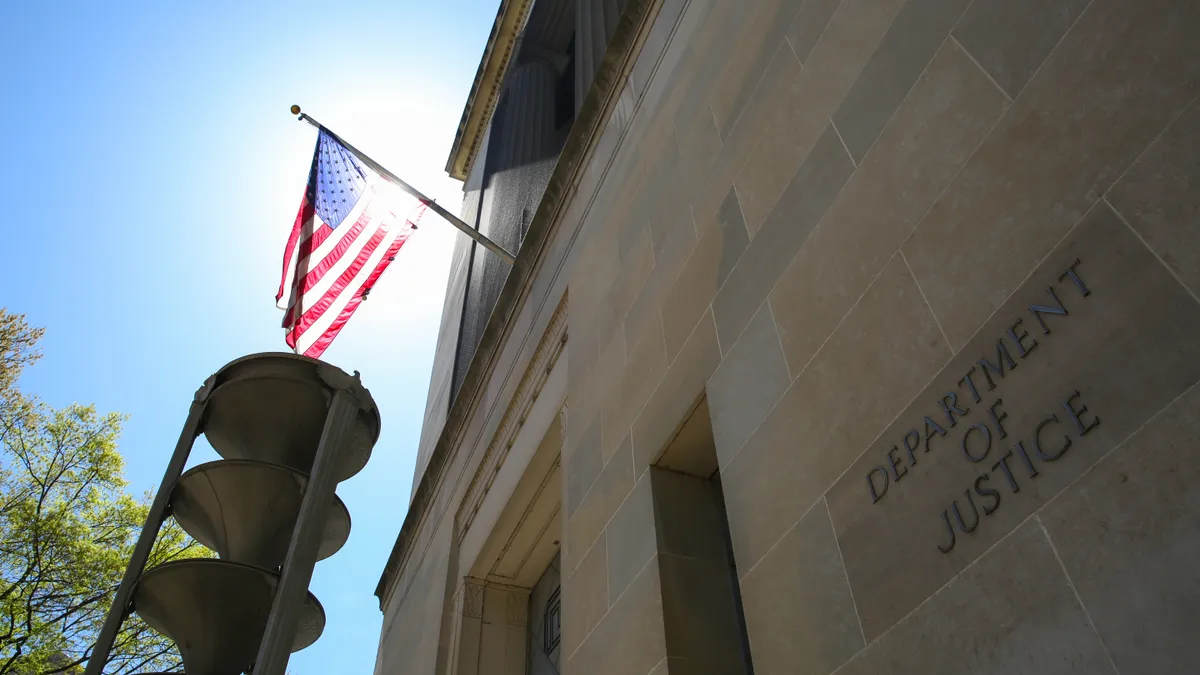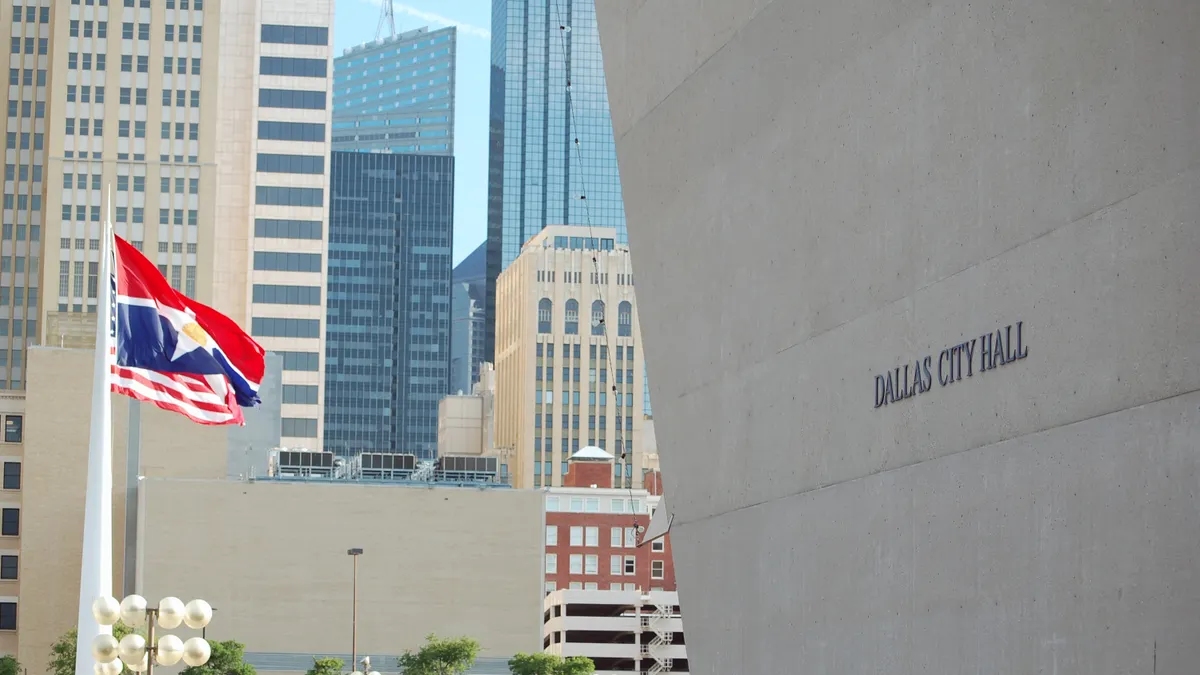On Tuesday, officials from Austin, TX announced 28 young adults, all in their 20s, tested positive for COVID-19 after chartering a private plane to Cabo San Lucas, Mexico for a spring break trip, despite warnings to stay home.
The story echoes the now infamous sentiment of a young Miami spring breaker who told reporters in early March, "If I get corona, I get corona." And this flippant grasp on the severity of the novel coronavirus is not exclusive to young beach go-ers: Last month, The New York Times spoke with a number of young adults who shared little-to-no concern about contracting the virus. Meanwhile in New York City, the current epicenter of the U.S. outbreak, people aged 18-44 make up 41% of the city’s confirmed cases, more than any other age category.
This apparent misconception that younger adults need not worry about contracting COVID-19 — let alone getting severely ill from the disease — is one city leaders are trying to dispel. While some local governments have worked with universities or institutions to share COVID-19 guidance with its Generation Z residents, others are turning to the most popular hangout spot for Gen Z-ers today: TikTok.
The social media platform, which enables users to post 15- to 60-second video content, is one of the most popular social apps in the world, attracting nearly 500 million users worldwide — 41% of whom are between 16 and 24 years old, roughly the Generation Z age range. While it is not common for a local government to have a handle on the platform, some city communications officials are leveraging the opportunity to share crucial information with the otherwise unengaged community.
Since fall 2019, Jordan Gilgenbach, digital communications coordinator for the City of Minneapolis, has uploaded videos on the city's TikTok account to entertain younger residents and occasionally inform them about local happenings.
Now, as the novel coronavirus takes priority in Minneapolis and other major cities nationally, Gilgenbach has shifted the focus of the account to communicate COVID-19 information — and is leading other local governments in doing the same.
“I think there’s this sense of invincibility that’s just natural with being young,” Gilgenbach told Smart Cities Dive. “If we can reach them on a platform they’re on, in a way that feels not forced to them, that’s key.”
Breaking through the 'boring' barrier
Gilgenbach has learned a thing or two about engaging a young audience on TikTok, as evidenced by the City of Minneapolis' 4,200+ followers and 36,500 likes across its videos. He said much of his content inspiration has come from simply scrolling through the platform to see other creative ideas and his most successful videos are those intended to entertain.
"In order to be relatable on this platform, you need to understand that it's not about telling. It's about entertaining," Gilgenbach said.
@cityminneapolis Social distancing helps stop the spread of ##coronavirus. Practice physical distancing to keep ##covid19 from spreading. ##minnesota ##minneapolis
♬ original sound - cityminneapolis
And while coronavirus news is far from amusing, that hasn’t stopped Gilgenbach from developing videos that leverage compelling and fun concepts to illustrate serious information (as seen in the video above).
Jonathan Tolbert, digital marketing specialist for the City of Columbus, OH, said Gilgenbach's work has been an inspiration for his own creativity since he launched Columbus' TikTok account in late February. Since then, the account has gained 749 followers, over 3,000 likes across its videos and the attention of other city leaders and departments.
"TikTok is not a lifestyle app like Instagram, it’s an entertainment app," Tolbert told Smart Cities Dive. "It's challenging from a government side because government isn't really appealing to TikTok’s audience ... but it's one of the top apps right now on social media and I felt like we could build a niche in there and reach a new audience."
@cityofcolumbus Coronavirus Do’s and Don’ts ##covid19 ##columbus ##ohio ##ohiocheck ##coronavirus ##cbusgov ##safety
♬ Kokiri Forest with Ocarinas - daviderickramos
Engaging civic audiences in the form of video, especially to share important messaging, is often more impactful for end user information consumption compared to "just reading copy or a static image," Tolbert said. It has served as a way to let residents know that city governments can be fun while still sharing vital information.
This has been seen in Minneapolis as well, where TikTok has been used to rebrand the city as one that’s fun and relatable — especially as the city's Instagram has hit roadblocks due to legal obstacles around photo guidance.
"Intrinsically, city government is so boring. Public hearings, city council meetings, blah blah blah. It's not fun or interesting because there’s just bureaucracy," Gilgenbach said. "If we can bring a little levity to that, and be entertaining and get some attention for it, that’s a win."
Jumping into uncharted waters
The City of Tampa, FL is another local government leveraging TikTok as a communications platform, particularly to share COVID-19 information. The city just launched its account in late February, and while it’s still a little fish in a large TikTok pond, the account has proven beneficial in getting Gen Z residents "on our side," according to Angela Pitts, communications strategist for the City of Tampa.
"As a city, when we see someone using a platform to communicate, that’s where we want to communicate too. We just want to make sure we’re reaching as many people as possible," Pitts told Smart Cities Dive. Connecting with young populations in Tampa is particularly important due to the city’s tourist industry and popularity around the time of spring break, she said.
@cityoftampa Stay safe, stay home. ##happyathome ##happyathometpa ##lifeathome ##wfh ##workfromhome ##saferathome ##covid19 ##coronavirus ##foryou ##fyp ##tampa ##florida
♬ original sound - cityoftampa
The World Economic Forum, the Red Cross, UNICEF and other organizations are also trying their hand at TikTok to share safety tips, debunk myths and answer questions related to COVID-19. However, outside of top organizations and this handful of city governments, TikTok has not been widely adopted by U.S. cities.
Gilgenbach said local governments can unlock huge potential with TikTok "if leadership can look past the direct ROI." He noted that current high school and college students are the next generation of potential residents or government employees and elected officials and taking a risk on this social app is a "long-term game."
"I feel super lucky that I’ve had the support of my boss in this," Gilgenbach said of his direct superior, Greta Bergstrom, the city’s communications director. "She understands that, in order to be a leader in this field, sometimes you have to take risks and sometimes those risks don’t work out. Luckily with this one, it has so far."
Tolbert agreed that launching a TikTok account for Columbus has been well worth any associated risks and said other local leaders are slowly seeing the power of the platform.
"People in my position, social media managers, they know their audience when it comes to government and don’t think that young people really care," Tolbert said. "I think if they put that aside and just take a chance with creating a TikTok account and being creative and sharing information — it doesn’t even need to be funny, you can use serious information — they’d be hitting that young audience. You don’t want to miss out on those residents."
To keep up with all of our coverage on how the new coronavirus is impacting U.S. cities, visit our daily tracker.



















